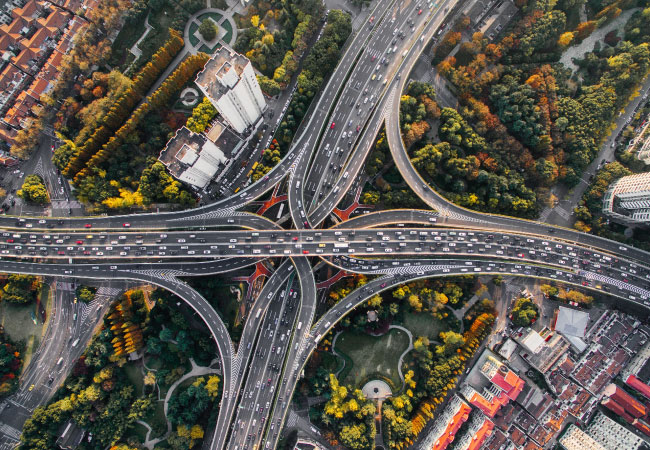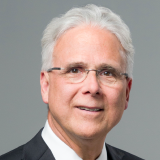The driverless endgame
Driving automation technology might reduce traffic congestion, improve fuel efficiency, and increase road safety by eliminating human error, but our governments are not ready to take advantage, because our driving policy and regulation assumes there will always be a human behind the wheel.
In our report, The Driverless Endgame: Policy and Regulation for Automated Driving, Hatch (with our partners at the Urban Robotics Foundation) has examined the current state of automated driving regulation around the world and makes recommendations that policymakers globally can implement to promote innovation in this field, while also ensuring public safety and social acceptance of this new technology.

Who should read this paper?
The insights in this paper will be useful to anyone interested in the rapidly transforming field of automated driving, and especially to:
- National and sub-national departments of transport who regulate vehicle safety, license drivers, and oversee the rules of the road
- Cities interested in piloting automated-driving technology on their streets
- Other policymakers and regulators with an interest in new mobility technology
- Government-relations specialists
- Automakers and automated-driving manufacturers
- Industry associations for driving, trucking, goods movement, logistics, and manufacturing
- Companies, investors, and venture-capital firms interested in mobility technology and innovation
- … And more!

How we can help
If you are interested in the implications of automated driving for your city, province, state, or nation, or you are in the business of designing and developing automated-driving technology, Hatch expertise can help you:
- Identify crucial matters to consider
- Design pilot programs for the introduction of automated driving
- Assist with drafting new policy and regulation
- Identify sites for program implementation
- Bring existing pilots and programs into new jurisdictions
- Design and master-plan developments featuring automated-mobility technology: shuttles, robots, and more

Andrew Miller
Senior Consultant & Leader, Urban Solutions
Andrew Miller is a Senior Urban Consultant and Leader at Hatch. He has a twenty-year career that spans government at the provincial and municipal levels, as well as private-sector advisory. Andrew has assisted a variety of clients in Canada and Australia on how to build innovative, sustainable, and effective urban transport systems, and has served as an invited expert on automated driving to global audiences, including the senior leadership of General Motors and Toyota, as well as the Senate of Canada.

Victoria Webster
Consultant and Project Manager, Urban Solutions
Victoria Webster is a civil engineer and an urban planner, specializing in transportation planning and economics. As a Consultant and Project Manager at Hatch, Victoria works with public and private sector clients to deliver a range of projects about transit-oriented development strategy, land value capture, station area design, transit master planning, and design future-proofing. Her technical background drives a quantitative evidence-based approach she uses to solve complex problems and support the development of successful mobility and development strategies for major projects and clients across North America.

Bern Grush
Co-Author
Bern Grush is a systems-design engineer writing and speaking in the area of new mobility, especially for automated driving and how this might be regulated, governed, socialized, and deployed. Bern is the lead author of the 2018 book The End of Driving: Transportation Systems and Public Policy Planning for Autonomous Vehicles. Bern is one of the world’s foremost authors on the public-policy implications of automated driving.